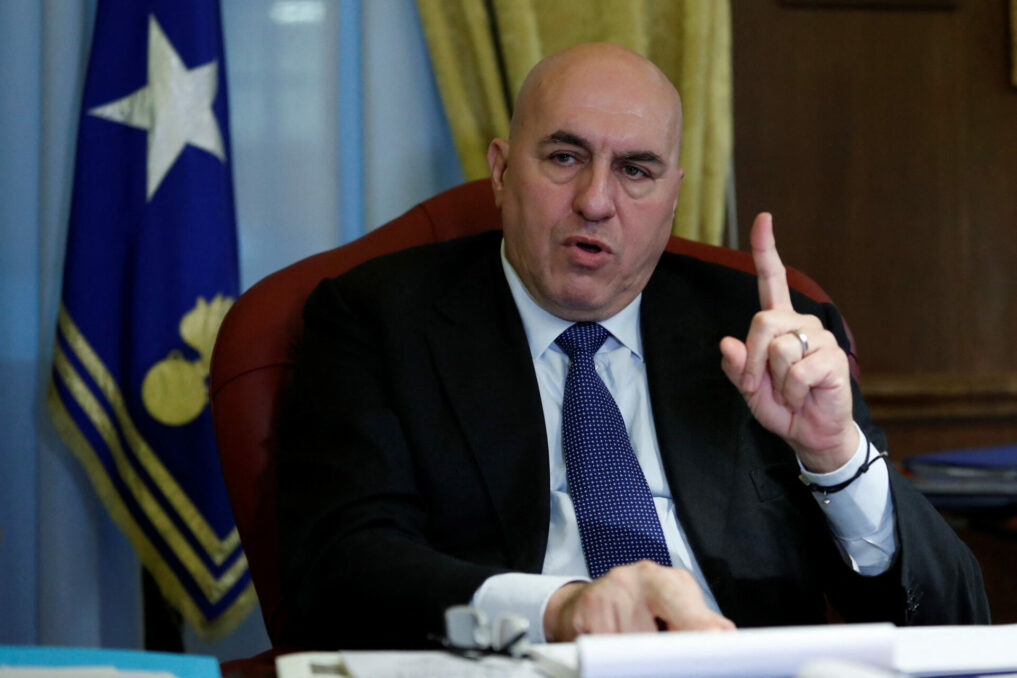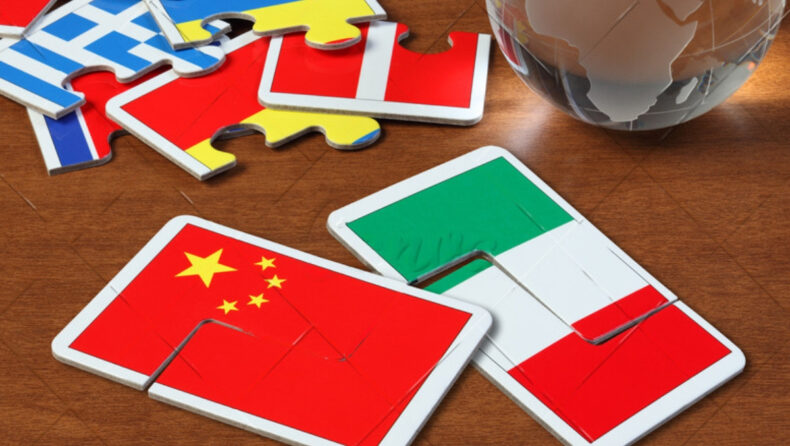Italian participation in China’s Belt and Road Initiative (BRI) international infrastructure investment program has sparked debate and controversy. Launched by Chinese President Xi Jinping in 2013, the BRI aims to restore China’s ancient Silk Road linking Asia, Africa, and Europe by investing in massive infrastructure projects worldwide. Italy became the first major Western country and the only G7 member to join the BRI in 2019. Still, its defence minister, Guido Crosetto, recently criticised the decision and expressed doubts about the benefits it will bring to the nation. In this article, we examine Minister Crosetto’s comments on the BRI and its implications for Italy’s future participation in the system.
Table of Contents
Italian participation in the BRI
In 2019, Italy took a significant and surprising step to become a Belt and Road Initiative member. The decision isolated it from other major Western countries and raised eyebrows across the international community. The BRI has been China’s flagship project, demonstrating its effort to increase connectivity and promote economic development across continents. Italy’s participation was a strategic move to strengthen economic ties with China and potential investment opportunities in infrastructure projects.
Italian defence minister criticises BRI
Italian Defense Minister Guido Crosetto did not hold back from expressing his concerns about Italy’s involvement in the BRI in a candid interview with Corriere della Sera. He described the decision to join the Silk Road Initiative as an “improvised and malicious act” made during the previous government led by Giuseppe Conte.
Minister Crosetto noted that instead of benefiting Italian exports, the BRI did not bring positive results to the country. He cited the example of Italy exporting oranges to China, but in return, China tripled its exports to Italy in just three years. This trade imbalance was a significant obstacle to Italy’s participation in the BRI.

Crosetto further noted that while Italy joined the BRI, Paris managed to sell aircraft to Beijing without any agreements. This contrasts with the achievements of other non-BRI countries, making Italy’s participation seem unfavourable and questionable.
The BRI Exit Dilemma
With BRI membership expiring in 2024, Italy faces the challenge of withdrawing from the initiative without damaging relations with Beijing. Minister Crosetto’s criticism emphasises that Italy must carefully consider the consequences of its decision and prepare a diplomatic exit strategy.
Italy’s competitor and partner is China, a major global player in the economic and political arena. Severing ties with the BRI could create tensions in bilateral relations and affect various sectors of the Italian economy. The Italian government must balance protecting its interests and maintaining a productive relationship with China.
Prime Minister’s position on BRI
At the time, Giorgia Meloni, Italy’s prime minister, added that the country could maintain “good relations” with China without necessarily being part of the Belt and Road Initiative. The statement reflects the Italian government’s growing sense that BRI membership may not be necessary to promote economic ties and cooperation with China.
Conclusion
Italy’s participation in the Belt and Road Initiative has been a hot topic since it joined the initiative in 2019. Defense Minister Guido Crosetto’s recent comments criticising the decision highlight Italy’s challenges in securing its economic interests and relations with China.
As BRI membership expires in 2024, the Italian government must carefully assess the pros and cons of its continued participation. Finding a way to exit the initiative gracefully while maintaining a solid relationship with China is critical. The situation is a lesson for other countries considering joining the BRI or any other ambitious international infrastructure investment program, urging them to weigh the potential benefits against the risks and impact on national interests. Finally, Italy’s experience with the BRI highlights the complexities of navigating geopolitical alliances and economic partnerships in a rapidly changing global environment.













